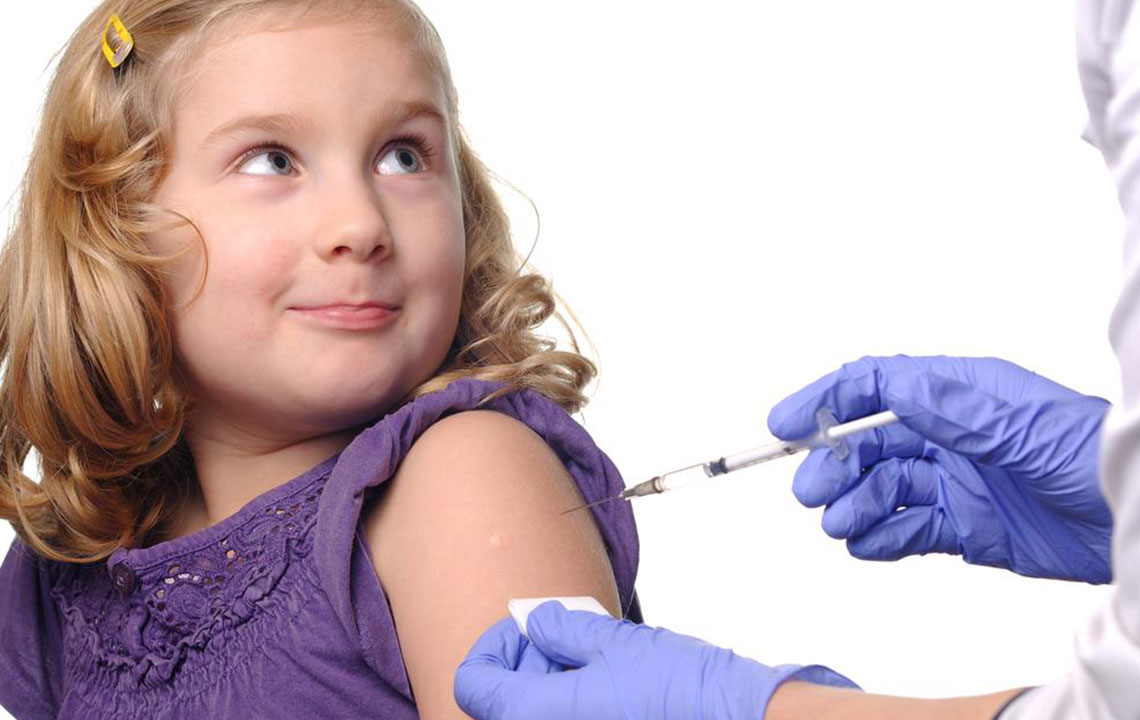A Comprehensive Guide to Adult Vaccinations
This article provides an in-depth overview of adult vaccinations, highlighting recommended vaccines, availability, insurance coverage, and the importance of staying immunized. It emphasizes the need to improve vaccination rates among adults and offers guidance on accessing vaccines through healthcare providers and insurance plans, ensuring everyone stays protected against preventable diseases.

Understanding Adult Vaccinations
Just like children, adults need to stay updated with vaccinations to maintain their health. The Advisory Committee on Immunization Practices (ACIP) recommends various immunizations for individuals aged 19 and above. Each year, an immunization schedule is issued in the United States to prevent serious and potentially deadly diseases.
Compared to pediatric vaccines, adult immunization rates are comparatively lower, highlighting the need for improved public awareness and healthcare efforts. Fortunately, these vaccines are widely accessible at clinics, pharmacies, and community health centers across the country.
The CDC recommends routine vaccines for adults aged 18 to 65, along with additional immunizations for those above 65 or with specific health conditions. The vaccines required depend on age, health status, and medical history. Here are key vaccines advised by CDC for adults 19 and older:
Influenza vaccine to prevent seasonal flu
Tetanus-diphtheria (Td) every decade
Tdap for tetanus, pertussis, and diphtheria, especially important for pregnant women
Additional vaccines like HPV, shingles, hepatitis A/B, chickenpox, and MMR based on individual risk factors
Senior adults aged 65+ should receive pneumococcal vaccines
Individuals with chronic respiratory conditions should get annual flu shots
For the latest immunization schedules and additional approved vaccines, consult the CDC website, which aligns with ACIP guidelines.
This public health initiative aims to ensure all adults have access to essential vaccinations regardless of age.
In terms of insurance, private plans and marketplace coverage often include immunizations without copayments or coinsurance. Medicare typically covers vaccines like influenza, pneumococcal, and hepatitis B. Those without insurance can find affordable options through government health programs.










